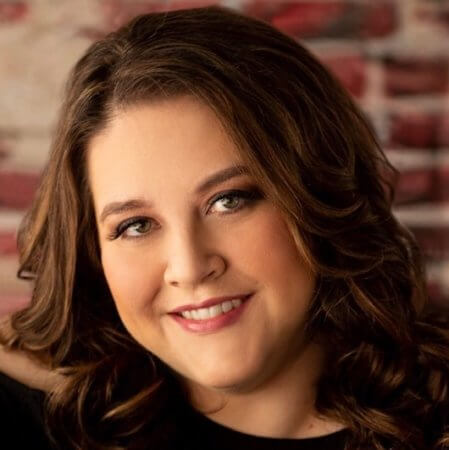Front-line teams are the eyes and ears of the bank or credit union. They interact with customers or members daily and are the first line of defense against attempts to compromise them or the institution. They can help educate about the dangers of fraud through conversation and customer/member education events, and the relationships they develop can be vital to investigations of suspicious activity. These relationships help your bank or credit union identify customers’ business needs and give them the personalized experience often lacking in today's digital "do-it-yourself" world.
But they can also help your BSA team by supporting Know Your Customer (KYC) and Customer Due Diligence (CDD) compliance.







